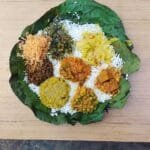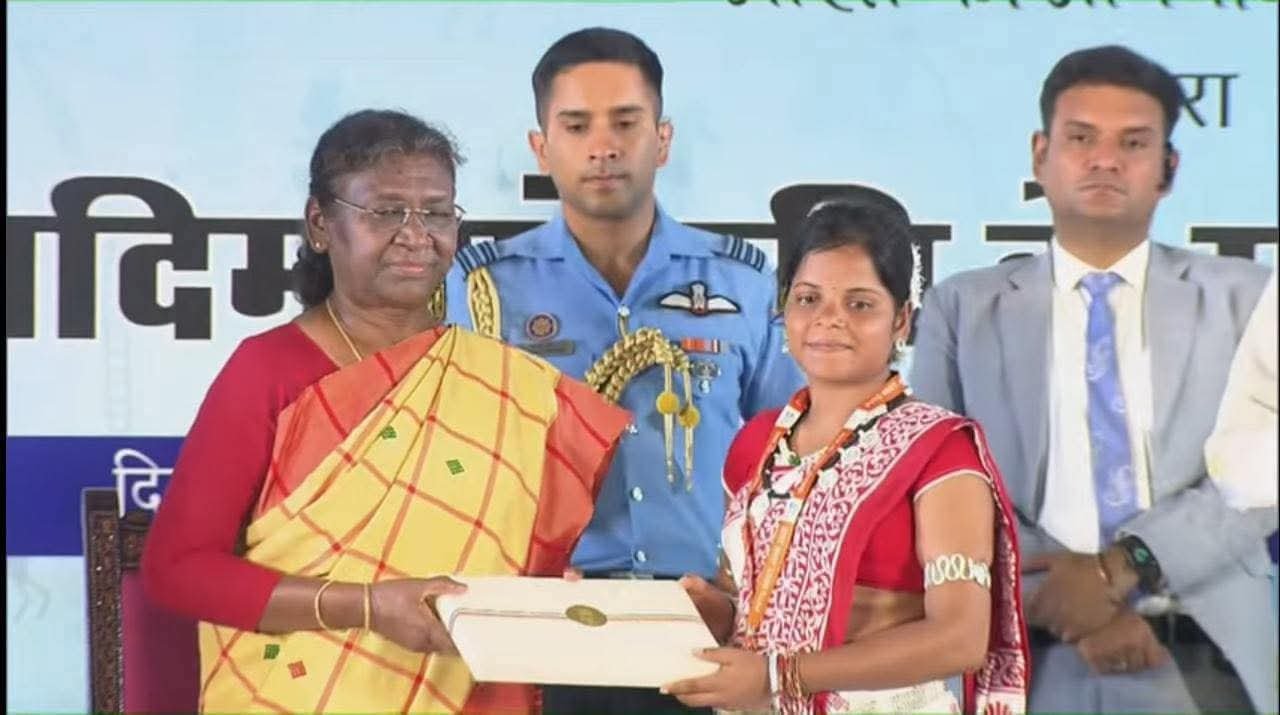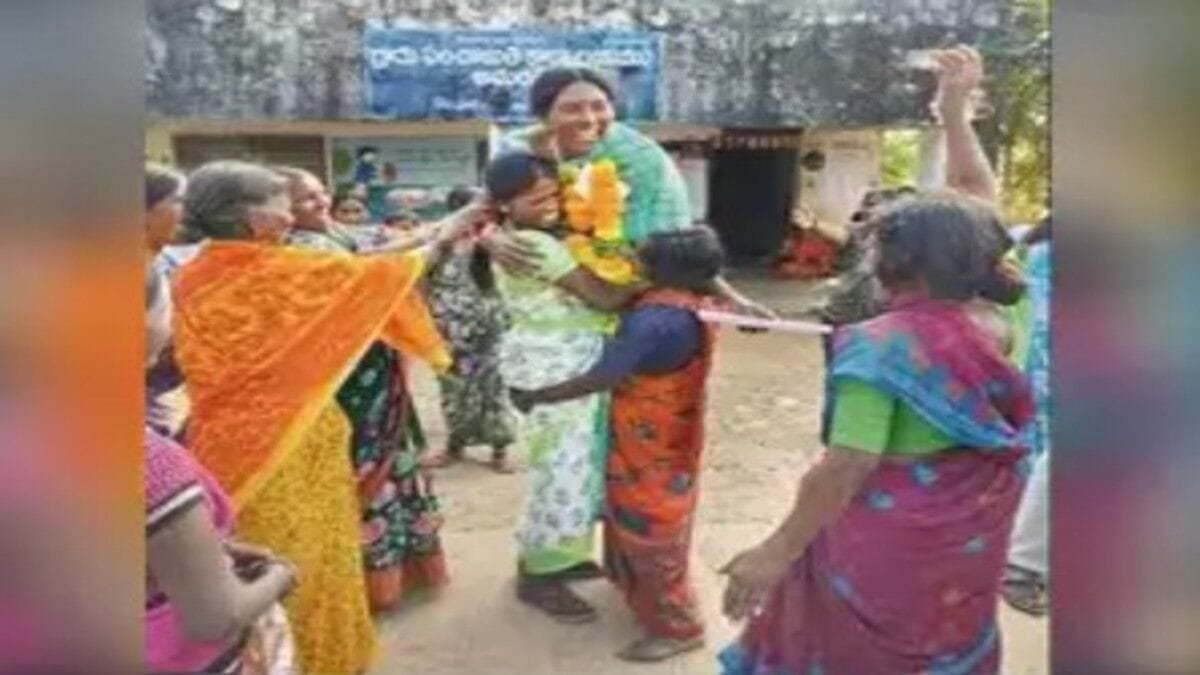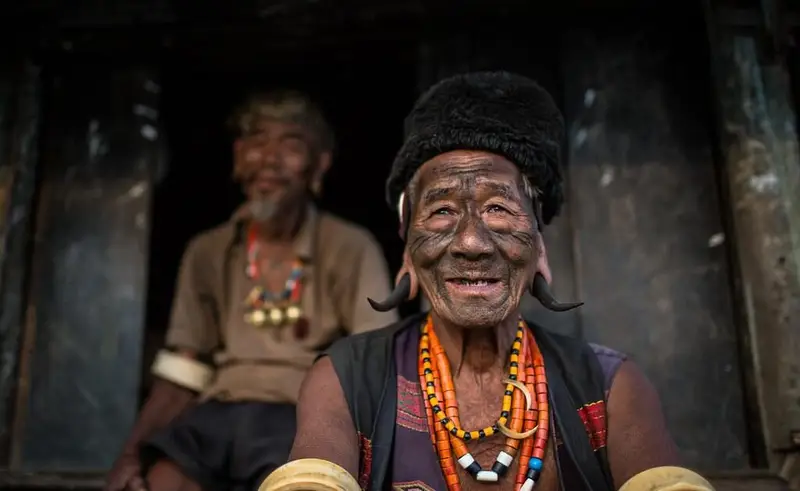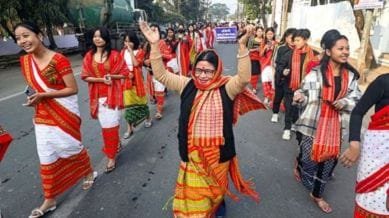In a historic achievement, Jamini Jhankar, a 28-year-old from the Particularly Vulnerable Tribal Group (PVTG) of Chuktia Bhunjia, has become the first girl from her community to successfully defend her doctoral thesis. She completed her viva voce on Friday, September 19, 2025, in Bhubaneswar, and will soon be conferred a Doctorate of Philosophy, the highest academic degree.
A Triumph Over Deep-Rooted Discrimination
Ms. Jhankar’s accomplishment is monumental, considering the profound discrimination faced by women in her community. Until a few decades ago, Chuktia Bhunjia women were forbidden from wearing petticoats, blouses, or colored sarees and were not even allowed to wear shoes.
Hailing from a remote village near the Sunabeda Sanctuary, Jamini overcame significant social and geographic barriers to reach this milestone. Her journey to the city for education was an odyssey in itself; just two years ago, her panchayat headquarters was connected by a tar road for the first time. Before that, she had to trek over 20 kilometers through dense forests—often on foot, sometimes on horseback—just to catch a bus to college.
Pioneering Research on Traditional Medicine
Her doctoral research at the KISS University, guided by Botany department head Dr. Rashmi Mahapatra, broke new ground in the field of ethnobotany. Her thesis, titled ‘Toxicity and safety implications of zora medicinal plants: A case study of Nuapada district,’ investigated three commonly used traditional plants from her home district: Tinospora Cordifolia (Giloy), Cymbopogon Citratus (Lemongrass), and Gymnema Sylvestre (Gurmar).
“Although these plants are widely used, their toxicity had never been scientifically studied before,” explained Dr. Jhankar. “Using zebrafish as a model organism, my research revealed that extracts from these plants can cause developmental issues in zebrafish embryos, including heart defects, spinal deformities, and increased mortality.”
Her work highlights the critical need for further studies to assess the safety of these traditional remedies and to identify the specific compounds responsible for the observed toxicity.
A Legacy of Breaking Barriers
Every step of Jamini’s academic journey has been a historic first for the Chuktia Bhunjia tribe. No male member of her tribe had even completed a Bachelor’s degree in Science before her.
She credits her success to her parents, who defied oppressive tribal norms. Her mother, Vaidehi, was the first woman in Jhankar to wear a petticoat, blouse, and colored saree. For this act of defiance, the family faced social ostracism for five years, but it paved the way for other women to break free from harsh traditions.
Her father, Biju Jhankar, recalls, “I am proud of my daughter. Our tribe has long discriminated against women. Two decades ago, they were not allowed to wear colored clothes and had to wear only white sarees to social functions.”
Despite progress, deep-seated biases remain. Jamini notes, “Although girls go to school and wear slippers today, many traditions still discriminate against us. Because I wear slippers and eat food outside, if I ever cook in our sacred kitchen, I would have to perform rituals after death.”
Jamini Jhankar’s story is more than an academic success; it is a powerful narrative of resilience, breaking generational chains, and paving the way for future generations.


